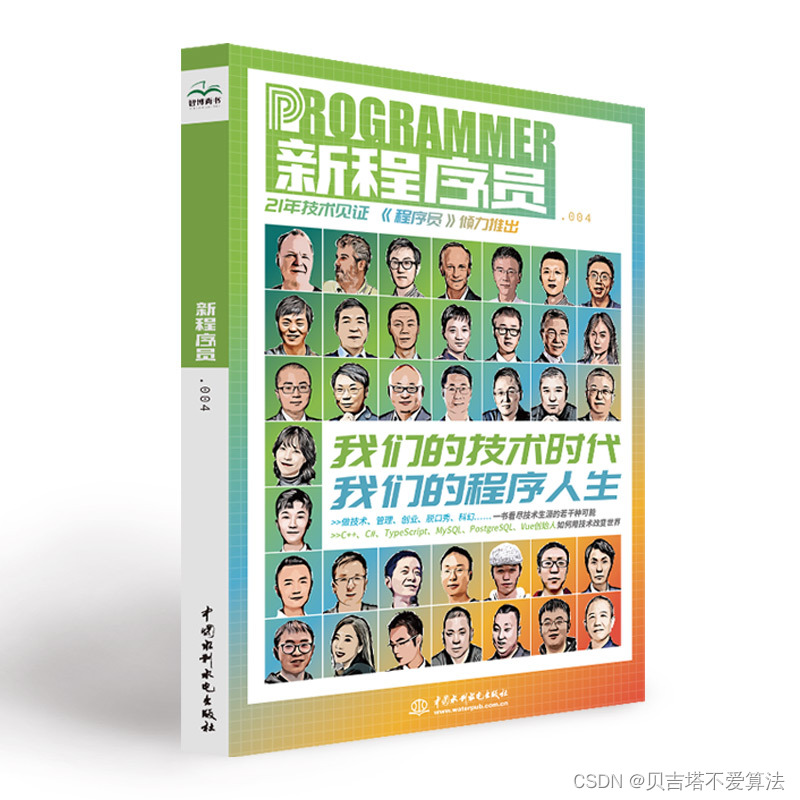动态的定义类
- 万物皆对象,类本身也是对象,一个类是一个type对象
class A:
pass
print(type(A))
# 输出是 <class `type`>
- 这意味着我们可以使用type动态的定义一个类
def f(self):
self.name = "bob"
dic = { "id":3 , "f":f }
A = type('A',(),dic)
a = A()
以上代码等价于
class A():
id = 3
def f(self):
self.name = "bob"
a = A()
self没有任何特殊含义,就是传入f的第一个变量,作为对象方法时,第一个变量自动填充为f前面的对象type()函数一个参数的时候就是常见的返回对象的类,传入三个参数时用于构建一个新的type对象,也就是新类。第一个参数是新类的名字(这个名字可以与变量名不相等,例如可以改成type('B,(),dic)),第二个参数是新类所继承的父类,第三个参数是新类的__dict__就简单理解为这个类的空间,包含该类的所有成员变量、成员函数
metaclass,元类的使用
- 元类需要结合上面
type的内容来理解,TOBEDONE
装饰器的理解
def repeat(n):
def function1(func):
def function2(x):
for i in range(n):
func(x)
return function2
return function1
@repeat(3)
def sayhi(name):
print('hi'+name,end=' ')
# above equals `sayhi=repeat(3)(sayhi)`
sayhi('bob')
# 输出结果是: hibob hibob hibob
print(end = ' ')中的可选参数end决定在每次打印之后最后输出的内容,默认是\n换行,这里指定为空格- 这里使用装饰器修饰
sayhi函数,使得其调用时执行3遍自身 - 原理 TOBEDONE
- 装饰器可以修饰的不只是函数,例如可以修饰类,TOBEDONE
def insert_method(cls):
def method(self):
print('method insert')
cls.f = method
return cls
@insert_method
class A:
pass
# above equals `A = insert_method(A)`
a=A()
a.f()
# 输出内容 method insert
- 装饰器自身也可以不是函数,例如装饰器类 TOBEDONE
关于*和**的分解作用
在函数参数中,在[*]列表生成中
TOBEDONE
关于*args, **kwargs
is what? TOBEDONE
关于MRO
TOBEDONE
关于GIL
垃圾回收与GIL
TOBEDONE
GIL与multithreading与multiprocessing
TOBEDONE
from multiprocessing import Pool, cpu_count
import time
import os
import traceback
def process_task(number):
try:
print("进程id为: %d, 处理的任务为:%d, 进程处理【开始】" % (os.getpid(), number))
time.sleep(3)
print("进程id为: %d, 处理的任务为:%d, 进程处理【结束】" % (os.getpid(), number))
except Exception as e:
print("Exception: " + str(e))
traceback.print_exc()
raise Exception(str(e))
if __name__ == '__main__':
print("cpu数量为:%d" % cpu_count())
print("主进程id为: %d" % os.getpid())
print("进程开始处理了")
# 进程池有3个进程, 进程数量可以大于cpu_count()的数量, 且os.getpid()获取的数值都不一样
process_pool = Pool(15)
for number in range(30):
process_pool.apply_async(process_task, args=(number,))
print("等待所有进程执行完成")
process_pool.close()
process_pool.join()
import os
import time
def fun(index):
print(index,os.getpid())
time.sleep(3)
from concurrent.futures import ThreadPoolExecutor
thread_pool = ThreadPoolExecutor(max_workers=2)
for i in range(10):
thread_pool.submit(fun, i)
thread_pool.shutdown(wait= True)
关于TYPE HINT
TOBEDONE
